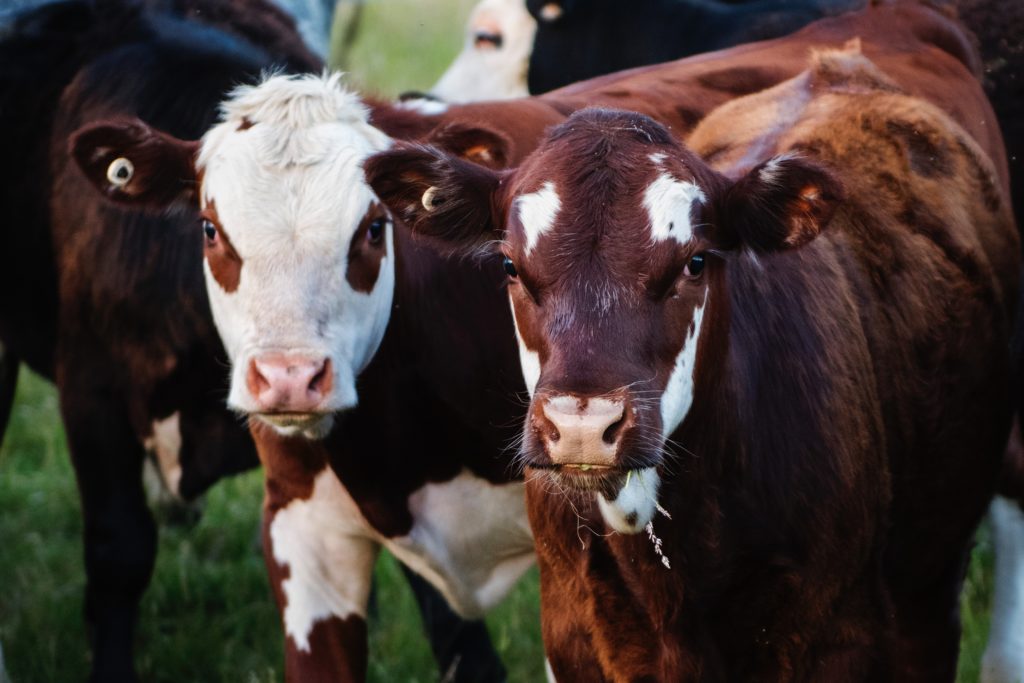When you are aware of some of the most common livestock illnesses, you will be able to take the steps to protect your livestock and improve their health. Ensuring that your livestock has access to fresh, clean water can help to prevent many serious consequences that may otherwise occur. For example, dehydration can lead to an increased risk of colic, which can be deadly. At the Horsedrinker, we offer the ideal automatic watering systems to help improve the hydration of your livestock. Here are some of the most common livestock illnesses to watch out for with your livestock.
Categories of Livestock Illnesses
In general, common livestock illnesses are divided into four different categories. Some of the most common illnesses fall into the respiratory category. These are often transmittable, which can quickly lead to devastation for your herd. Another category is enteric. This category covers illnesses that impact the intestines and can cause digestive issues. The third category involves illnesses that impact the skin and hooves, while the fourth category involves neurological illnesses.
Bovine Respiratory Disease Complex (BRDC)

BRDC, bovine respiratory disease complex, is an illness that falls under the respiratory category. This is often called “shipping” disease because it can frequently impact cattle that have recently experienced the stress of shipping. It also commonly impacts calves that have recently been weaned. This is because one of the biggest contributors to BRDC is an increase in stress. Vaccinations can help to prevent BRDC, which is often easier than resolving it after it has impacted your cattle.
BRDC can impact the growth of your cattle, which can have serious long-term consequences. It also often results in respiratory distress. Some signs to look out for with bovine respiratory disease complex include a runny nose, loss of appetite, or fever.
Dehydration and Heat Stress
Dehydration and heat stress can easily create substantial problems with your cattle. It can greatly increase the chances of colic, along with many other issues with their health. When your cattle are dehydrated, they will often exhibit “tented skin” around the eyes. Their eyes commonly appear sunken, as well. Dehydrated cattle tend to have yellow or dark urine, as well as develop a fever.
Bovine Virus Diarrhea (BVD)
Bovine virus diarrhea is another common livestock illness to be aware of. This can be an incredibly expensive illness for livestock owners. Some signs of BVD include nasal discharge, a deep cough, scours, and a fever. When your cattle develop this illness, it can cause infertility, birth defects, and abortion. In susceptible livestock, bovine virus diarrhea may even result in hemorrhaging and death.
Infectious Bovine Rhinotracheitis (IBR)
A highly contagious illness to watch out for is infection bovine rhinotracheitis. This is a respiratory disease that can often be identified by inflamed nasal passages, rapid breathing, fever, loss of appetite, and coughing. This can lead to infertility as well as abortions, which is one of the reasons why it is essential to watch for IBR.
Signs to Look Out For
When you are trying to ensure that your cattle stay healthy, it is important to regularly inspect for signs of illness. Checking various areas can help you to identify problems early on. Ensure that you check on their eyes, hooves, and skin. You should also ensure that you regularly check for respiratory and neurological problems. This can help you to identify problems early on. It is also useful to ensure that you have a veterinarian regularly examine your cattle. They will generally be more adept at identifying issues than you will be.
These are just a few common livestock illnesses to watch out for. It is important to ensure that your livestock stays hydrated to help improve their health. An automatic watering system can help to ensure that they have constant access to clean water. These systems store water beneath the ground so that it remains at a comfortable temperature throughout the year. This often aids in encouraging water consumption. If you are considering implementing livestock watering systems to protect your cattle, you can contact our team at the Horsedrinker for more guidance. To learn more about the many benefits of an automatic watering system, contact us at the Horsedrinker for more information.

Leave a Reply